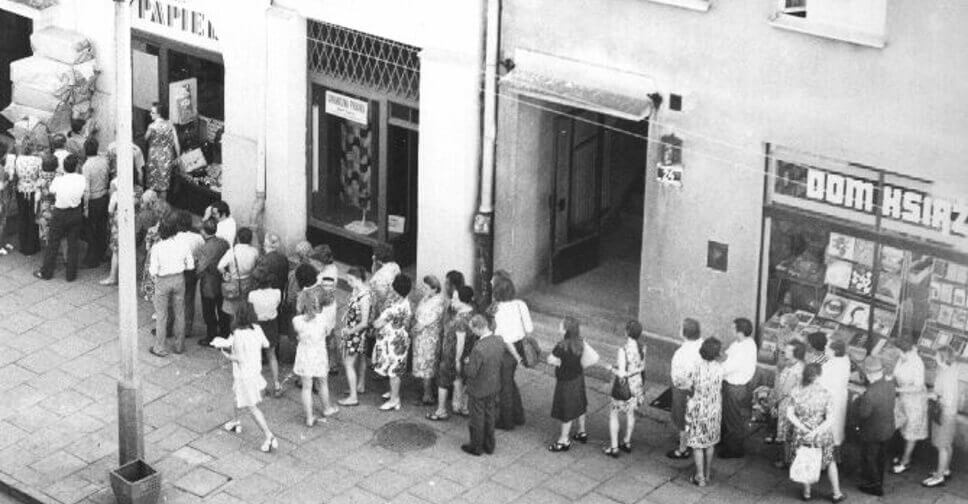This debate will feature Philipp Ther and Miroslav Beblavý, is free to attend and will take place in English in Bratislava’s Café Next Apache. A live stream of the evening will also be made available on the Time to Talk home page for anyone who is unable to be in Bratislava for the occasion.
About the debate:
The primacy of economic growth has consistently been called into question since the financial crisis of 2007/2008, however, much of its critique has been framed within Western parameters. This debate will therefore take a look at the history and consequences of the growth imperative within a Central Eastern European context.
From the collapse of the Eastern Bloc, through different approaches to transition, EU accession, the global financial crisis of 2007/2008 and its aftermath, this debate will look at the evolution of the relationships between the growth imperative, economic liberalisation and democratic development in the countries of Central Eastern Europe [CEEC].
The Austrian academic Philipp Ther will join the Slovak politician and researcher Miroslav Beblavý to look at how alternative socio-economic models ultimately lost out to the adoption of Washington Consensus proposals throughout CEEC, exploring why this was, where the adoption of these proposals succeeded and/or failed and what it is that has determined their failure or success and led to different developments throughout the region.
Join Project Forum in Bratislava or live online, as they ask: Has reducing government spending increased prosperity and what effect has prioritising economic growth had on corruption and social indicators such as unemployment? Furthermore, to what extent have the strengths and weaknesses of economic liberalisation and the adoption of the primacy of economic growth impacted upon democratic and demographic development and the state of politics within the CEEC today?
Speakers:
Miroslav Beblavý is a member of the National Council of the Slovak Republic and a senior research fellow at the Centre for European Policy Studies in Brussels
Philipp Ther is a professor and the head of the University of Vienna’s Institute for Eastern European History. Philipp Ther recently won the Leipzig Book Fair non-fiction prize for his new book, Die neue Ordnung auf dem alten Kontinent. Eine Geschichte des neoliberalen Europa [The New Order on the Old Continent. A History of Neoliberal Europe] (Suhrkamp Verlag, 2014)
Moderator:
Michal Hvorecký is a Slovak writer, blogger, columnist and translator
Live stream:
This debate will be live streamed, with a stream appearing on the Time to Talk homepage on the evening of the debate. Alerts and further information about the live stream will be made available via our Facebook and Twitter accounts.
Event series:
This debate took place with the support of the European Union’s Europe for Citizens Programme and was one debate of many taking place as part of an international series of debates on the same theme in cities around Europe, including Barcelona, Bratislava, Brussels, London, Sofia and Warsaw.
Location:
Café Next Apache, Panenská 28, Bratislava
***

![Political Critique [DISCONTINUED]](https://politicalcritique.org/wp-content/uploads/2015/09/Political-Critique-LOGO.png)
![Political Critique [DISCONTINUED]](https://politicalcritique.org/wp-content/uploads/2015/09/Political-Critique-LOGO-2.png)
